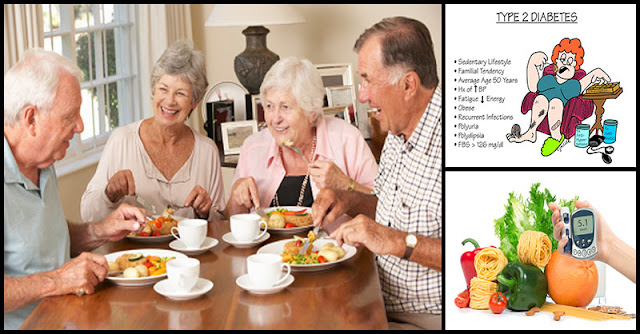According to recent findings published in Diabetic Medicine, night owls with Type 2 diabetes would do well to become early birds and have early breakfast. Researchers discovered that an “evening person,” someone who wakes up later and goes to bed later, has a higher body mass index (BMI).
Surprisingly, they found an unlikely culprit between the two factors – late breakfast times. Researchers wrote that:
“Breakfast time mediates the association between morningness-eveningness preference and BMI.”
People with Type 2 diabetes are commonly found to be obese (having a BMI of 30 and higher) and having an evening preference has been identified as a risk factor for obesity. Yet, there is not enough information on how these factors contribute to Type 2 diabetes. The team used mediation analysis to understand the relationship between BMI and between morningness-eveningness preference as well as how the meal timing fits the bill in people with Type 2 diabetes.
Dr. Sirimon Reutrakul, the lead researcher from the University of Illinois at Chicago College of Medicine, held a clinical trial in Thailand which involves 210 non-shift workers with Type 2 diabetes. To obtain the respondents’ preference between morning or evening, researchers used the Composite Scale of Morningness (CSM), a questionnaire that asks questions regarding the preferred time of waking up and going to bed, his time of day for mental activities such as working and reading, and his time of day to exercise. Aside from this, participants were also requested to answer a one-day food recall – in order to gather data about meal timing and daily calorie intake- had their weight taken and calculated their BMI. The researchers measured their sleep quality and duration based on self-reported data from the participants.
The results showed that the average self-reported sleep duration of the participants was 5.5 hours per night. When it comes to preference, 113 had morning preference and 97 referred evenings. They have an average calorie intake of 1,103 kilocalories a day and have an average BMI of 28.4 kg per square meters. Participants who have morning preference had breakfast between 7:00-8:30 a.m. and followed an earlier mealtime including lunch, dinner, and the last meal. On the other hand, those with evening preference had breakfast between 7:30-9:00 a.m.
Researchers found that participants with a greater preference for evenings have higher BMI. Late breakfast and calorie intake were not associated with BMI increase. Furthermore, eveningness was linked to late breakfast times. While those who had preferences for mornings take their breakfast early and have a lower BMI by 0.37 kg per square meter. This relationship between BMI and morningness-eveningness did not yield significant results.
Researchers deduced that people with Type 2 diabetes, had an evening preference, and a later breakfast time might have a higher BMI.
Dr. Reutrakul added:
“Later breakfast time is a novel risk factor associated with a higher BMI among people with Type 2 diabetes. It remains to be investigated if eating breakfast earlier will help with body weight in this population.”
She further explained that eating meals at a later time may negatively affect the body’s internal biological clock, which regulates the body’s sleep-wake cycles. Previous studies showed that circadian misalignments can result in problems with metabolism, which also plays a role in the onset of diabetes.









